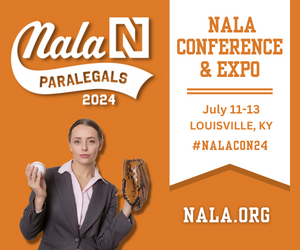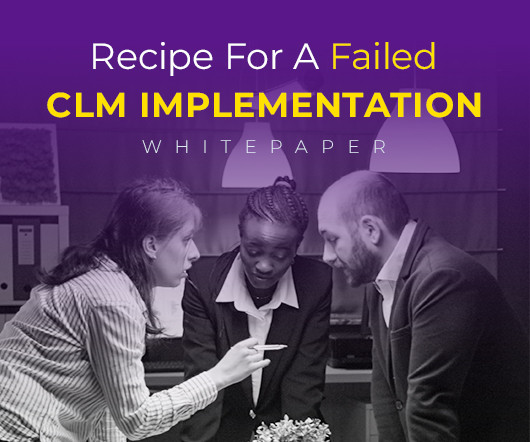Noncommercial Radio Operator Fined $10,000 for Not Providing Immediate Access to Public File - FCC Provides A Good Primer on the Public File Rules for All Radio Broadcasters
Broadcast Law Blog
MARCH 27, 2013
The FCC proposed that a noncommercial broadcaster be fined $10,000 for its failure to allow a visitor unquestioned and immediate access to the public inspection files for 6 noncommercial radio stations operated from the same main studio. Though the delay in allowing access was only a few hours long, that delay, together with questions asked of the person who requested access as to his reasons for the inspections, led to the Notice of Apparent Liability issued by the FCC.

































Let's personalize your content